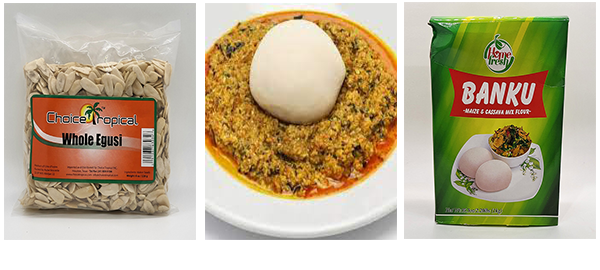
Eggplants, also known as aubergines, are members of the nightshade plant family and are used in a variety of cuisines around the world. Despite their common classification as a vegetable, Egg plants are technically fruits because they originate from a blooming plant and contain seeds. There are numerous types ranging in size and hue. Even though eggplants with dark purple skin are the most frequent, they can also be red, green, or even black. In addition to its unique texture and mild flavor, eggplant offers a variety of possible health benefits.
Let’s examine in detail the health benefits of eggplants.
• High in Numerous Nutrients
Eggplants are a nutrient-dense food, meaning that they contain a significant quantity of vitamins, minerals, and fiber for a little number of calories.
One cup of raw eggplant (82 grams) includes the following nutrients:
Calories: 20 Carbs: 5 grams
Fiber: 3 grams
Protein: 1 gram
Manganese: 10% of the Recommended Daily Intake
Folate: 5% of the Recommended Daily Allowance
Potassium: 5% of the Recommended Daily Allowance
Vitamin K: 4% of the Daily Value
Vitamin C: 3% of the Recommended Daily Allowance
Additionally, eggplants contain trace quantities of niacin, magnesium, and copper.
• Abundant in Antioxidants
In addition to being rich in vitamins and minerals, eggplants are also rich in antioxidants. Antioxidants are chemicals that aid in the protection of the body from damage caused by free radicals. Numerous sorts of chronic diseases, including cancer and heart disease, may be prevented by antioxidants, according to studies. The brilliant color of eggplants is due to anthocyanins, a type of pigment having antioxidant effects. Specifically, nasunin, an anthocyanin found in eggplants, is advantageous. Multiple test-tube experiments have demonstrated that it effectively protects cells from damage caused by free radicals.
• Lowers the risk of cardiovascular disease
Several studies suggest that eggplants may help reduce the risk of heart disease due to their antioxidant content. In one trial, high-cholesterol rabbits were given 10 milliliters (0.3 ounces) of eggplant juice everyday for two weeks. They had reduced levels of LDL cholesterol and triglycerides, two blood markers that, when elevated, are associated with an increased risk of heart disease. Research has shown that eggplants may provide heart protection.
• Help regulate blood sugar
Including eggplants in your diet may help you maintain a healthy blood sugar level. This is mostly due to eggplants’ high fiber content, which passes through the digestive tract undamaged. Slowing the rate of digestion and absorption of sugar in the body, fiber helps reduce blood sugar. Slower absorption maintains constant blood glucose levels and eliminates spikes and crashes. Research indicates that polyphenols, or natural plant components, found in foods such as eggplant may inhibit sugar absorption and enhance insulin production, both of which can help reduce blood sugar. The current dietary recommendations for managing diabetes include a high-fiber, whole-grain, and vegetable-rich diet. Eggplants are an excellent addition to diet.
• Assists With Weight Loss
Eggplants are high in fiber and low in calories, making them a great complement to a diet for weight loss. Slowly moving through the digestive tract, fiber can increase fullness and satiety, hence reducing caloric intake. Each cup of raw eggplant (82 grams) contains 3 grams of fiber and only 20 calories. In addition, eggplants are frequently used as a low-calorie, high-fiber substitute for higher-calorie components in dishes.
• Have Anti-Cancer Effects
Several compounds found in eggplant have the ability to combat cancer cells. Solasodine rhamnosyl glycosides (SRGs), for example, are a type of chemical found in eggplant and other nightshade vegetables. Several animal studies have demonstrated that SRGs can kill cancer cells and may also prevent the recurrence of certain types of cancer. Although research on the topic is limited, it has been demonstrated that SRGs administered directly to the skin are particularly effective against skin cancer. In addition, a number of studies suggest that consuming a greater quantity of fruits and vegetables, such as eggplant, may protect against certain types of cancer.
• Very Simple to Include in Your Diet
Eggplant is extremely adaptable and simple to integrate into your diet. It may be baked, roasted, grilled, or sautéed and is delicious with a splash of olive oil and a pinch of spice. Additionally, it can be used as a low-calorie substitute for numerous high-calorie components. This can minimize carbohydrate and calorie intake while enhancing the meal’s fiber and nutrient content.
In conclusion
Eggplant is a nutrient-dense, low-calorie, high-fiber vegetable with numerous potential health benefits. Eggplants are an easy and delicious addition to a healthy diet, as they reduce the risk of heart disease, aid in blood sugar regulation, and promote weight loss. Additionally, they are highly adaptable and complement numerous recipes.









